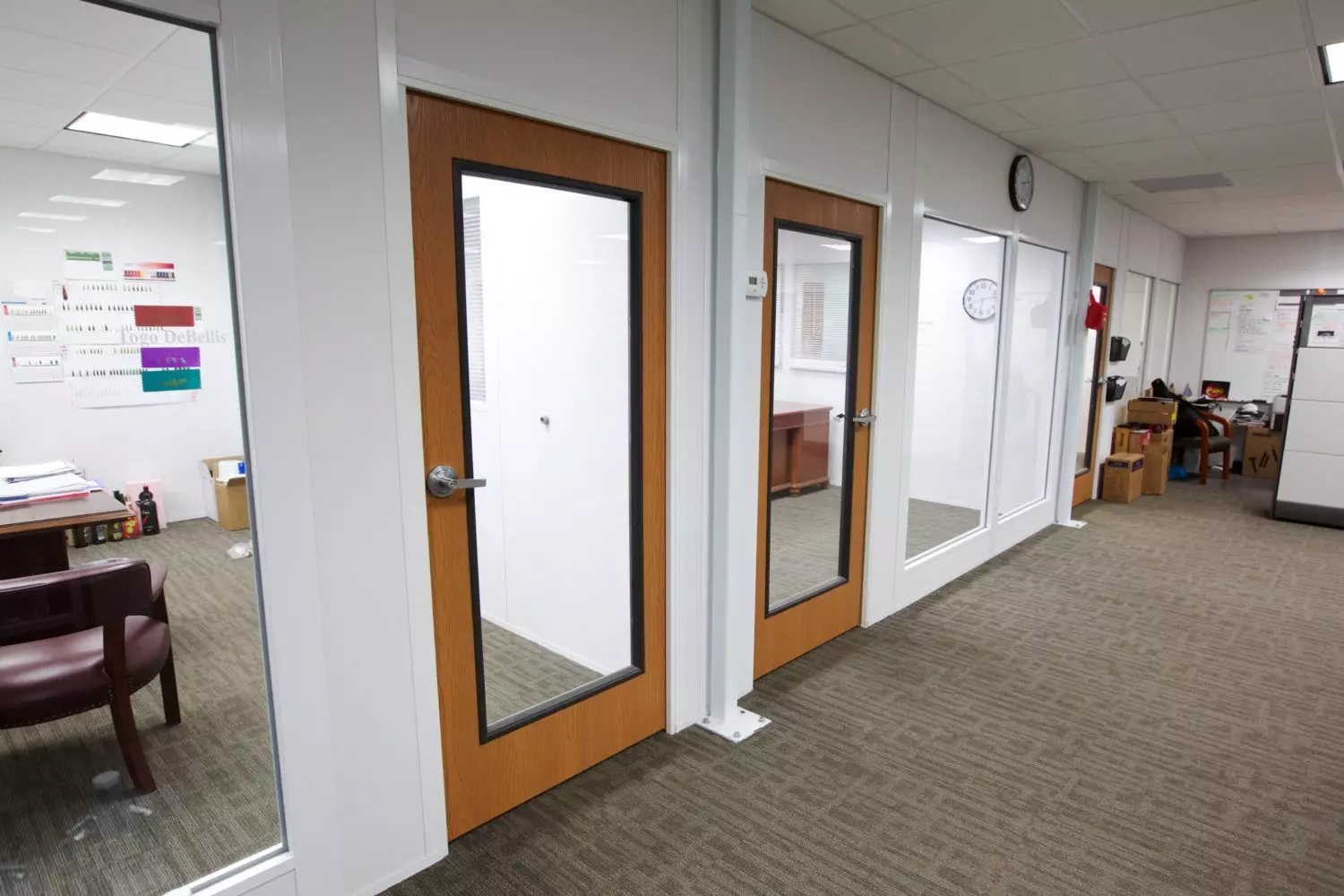


The construction industry is a huge contributor to global carbon emissions and landfill waste. Material delivery, an excessive reliance on the lumber industry, and the waste created at construction jobsites all contribute negatively to the environment around us. Modular construction offers a solution.
Quickly growing in popularity, modular construction is a convenient building method for its speed and affordability, but did you know that modular construction also offers a number of environmental benefits? Here are 5 key environmental benefits that modular construction can provide:
Modular construction projects are built for long-term use, making them a sustainable option that reduces the waste created by the construction industry. High-quality construction means that modular components require minimal maintenance and will last a long time without need for replacement.
What’s more, modular construction is inherently flexible. With standardized components that easily snap together or break down, any modular construction project is easy to reconfigure, add on to, or even relocate according to your facility’s specific needs. This is not just a benefit for your facility — you get a durable building you can trust to perform for years to come — but also for the environment. You don’t have to dispose of an entire building’s worth of materials just to reconfigure your facility as your needs grow and change.
Many modular construction projects make use of structural insulated panels (SIPs). While there are a range of different types of panels, most consist of two structural boards and a polystyrene insulating core. A study completed for the US Dept. of Energy showed that these structural insulated panels are 15 times more airtight than the fiberglass insulation used by traditional construction.
Because every modular wall panel is precisely manufactured in a controlled environment, quality is guaranteed. Each panel is constructed to specific standards, and the insulating core of SIPs is proven to deliver greater insulation that not only contributes to reduced energy use, but that also helps reduce heating and cooling costs for your building.
The inefficient transportation of construction equipment, materials, and labor contributes to a significant portion of global carbon emissions. Think about the last traditional construction project you observed. It’s likely that:
Every separate trip releases more carbon emissions into the world. Modular construction approaches delivery differently, helping you minimize your facility’s carbon footprint, while delivering a more efficient construction and installation process.
Whether you’re building a modular laboratory or a modular office, every component of your project is built in one controlled manufacturing facility. When your entire building is complete, every component is shipped directly to you, in one shipment. At the point that your modular building arrives, one small team of installation professionals can easily put the project together, with no need for cutting, sanding, painting, or even heavy machinery.
With just one trip for component delivery, and one for your labor crew, modular construction helps you significantly reduce emissions associated with transporting and installing your new office, lab, or cleanroom.
One of the key environmental benefits of modular construction is its ability to reduce waste. If we can reduce the amount of waste we create, we have a chance to leave a better world behind us. Traditional construction accounts for more than 50 million tons of waste and debris every year — in the United States alone — according to the EPA.
Modular construction helps reduce construction waste significantly. Because modular components are built in facilities dedicated to creating standardized modular construction materials, they are built much more efficiently than a building that’s constructed on-site.
Manufacturing facilities are able to optimize their material use to ensure they’re using every product as efficiently as possible, both to save money and to eliminate waste. What’s more, once a modular wall system is delivered to your jobsite, there is very little waste associated with the installation of the project. Components are pre-measured and fitted to ensure that every piece fits together seamlessly on-site, with little to no waste leftover once installation is complete.
Modular construction makes frequent use of recycled materials. This is a huge environmental benefit over traditional construction, which relies heavily on the use of newly milled lumber. While we can’t speak for every modular component manufacturer, Starrco is committed to environmental stewardship, and is striving to minimize the impact of construction on the environment by using recycled materials like:
Companies and consumers around the world are looking for ways to make sustainable, environmentally-friendly choices in everything that we do. The construction industry is a major contributor to global carbon emissions and landfill waste. Starrco is committed to environmental stewardship, and we know that modular construction provides an environmentally-friendly solution that doesn’t break your budget. If you’re interested to learn more about our commitment to sustainability, or if you’d like to know more about going modular for your next construction project, get in touch with our team.